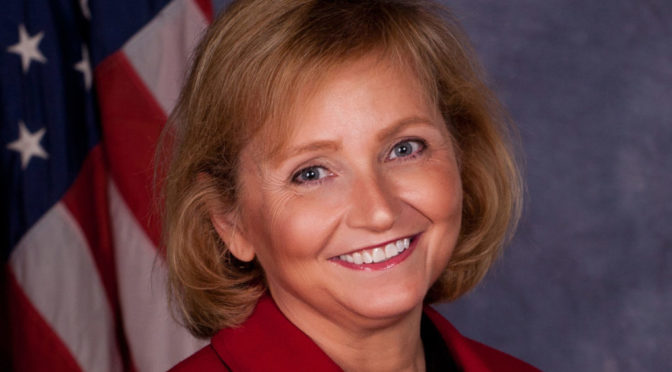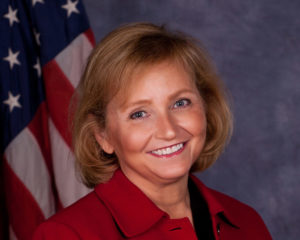Governor Laura Kelly Announces Expansion of Low-Income Energy Assistance Program
~ DCF to extend LIEAP deadline and expand income limits to help Kansans~
TOPEKA – As part of her continuing efforts to help Kansans navigate high utility bills due to the recent arctic weather, Governor Laura Kelly announced today that she is expanding the Low-Income Energy Assistance Program (LIEAP). The program provides an annual benefit to help qualifying households pay winter heating bills. LIEAP primarily assists persons with disabilities, older adults, and families with children.
“We know that many people face higher than normal energy bills because of the unprecedented winter weather in February,” said Governor Laura Kelly. “Today, I am announcing further steps that will allow more Kansans to take advantage of the LIEAP program to pay their utility bills. My administration will remain in communication with our federal and local partners to protect Kansans from the impacts of extreme cold temperatures.”
Effective immediately, the Kansas Department for Children and Families is extending the application deadline for LIEAP to May 28. Additionally, the agency is expanding the income requirements from 130% of the federal poverty level to 150%. DCF also will review all previously denied applications during the 2021 LIEAP program year. Any cases that now qualify under the new income threshold and meet other eligibility criteria will receive the benefit.
To qualify for the program, applicants must be responsible for direct payment of their heating bills. The level of benefit varies according to household income, number of people living in the home, type of residence, type of heating fuel, and utility rates.
Applicants need to have made payments on their heating bill two out of the last three months. Those payments must be equal to or exceed $80 or the total balance due on their energy bills, whichever is less.
LIEAP applications are available at local DCF offices and through partnering agencies. They can be requested by calling 1-800-432-0043. To apply online, visit https://cssp.kees.ks.gov/apspssp/sspNonMed.portal. For more information, visit http://www.dcf.ks.gov/services/ees/Pages/EnergyAssistance.aspx.
Income eligibility determination:
|
Household size |
Monthly Income |
Yearly Income |
|
1 |
$1,595.00 |
$19,140 |
|
2 |
2,155.00 |
$25,860 |
|
3 |
2,715.00 |
$32,580 |
|
4 |
3,275.00 |
$39,300 |
|
5 |
3,835.00 |
$46,020 |
|
6 |
4,395.00 |
$52,740 |
|
7 |
4,955.00 |
$59,460 |
|
8 |
5,515.00 |
$66,180 |
|
9 |
6,075.00 |
$72,900 |
|
10 |
6,635.00 |
$79,620 |
|
11 |
7,195.00 |
$86,340 |
|
12 |
7,755.00 |
$93,060 |
|
13 |
8,315.00 |
$99,780 |
|
14 |
8,875.00 |
$106,500 |
|
Each add’l |
560.00 |
###



